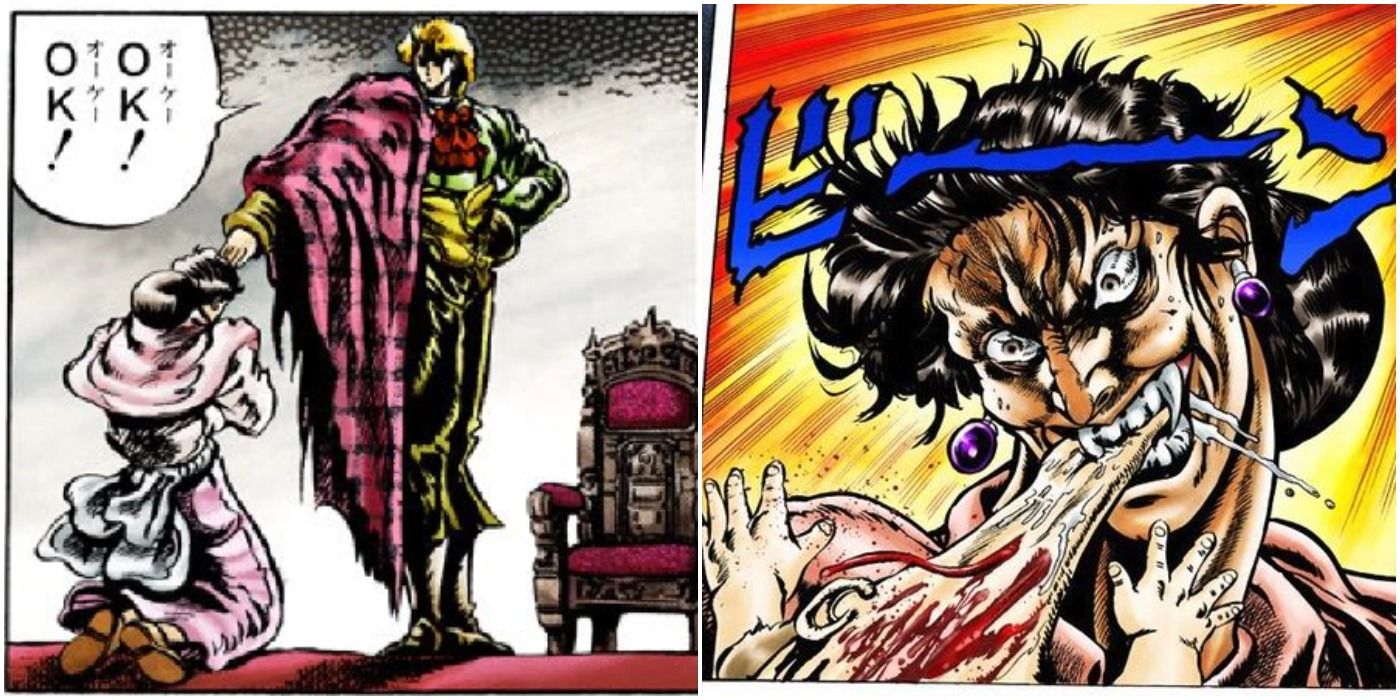The rugby pitch, a crucible of triumph and despair, recently bore witness to a particularly stark moment for Metallurg Rugby Club. Following a crushing defeat against their rivals, Lokomotiv, head coach Viktor Gresev offered an unvarnished assessment of his team’s performance, cutting straight to the heart of their woes. His post-match comments paint a picture not of being outplayed by superior tactics, but rather, of a team that, at times, seemed to be its own toughest opponent.
The Unvarnished Truth: Self-Inflicted Wounds
Gresev`s immediate and unequivocal diagnosis centered on “very many unforced and stupid errors.” In the lexicon of rugby, “unforced errors” are the insidious missteps that stem not from external pressure, but from a lapse in concentration or execution. These can range from a dropped pass in open play, a fumbled lineout throw, or a misguided kick that turns over possession. To label them “stupid” adds a layer of frustration, suggesting a fundamental lack of awareness or poor decision-making that could have been avoided with better discipline or focus. It`s the kind of comment that makes fans wince, knowing their team essentially handed opportunities to the opposition on a silver platter. One might even muse that Metallurg was simply too generous, sharing possession and territory with Lokomotiv as if it were a festive occasion.
Beyond individual misjudgments, Gresev pointed to a critical systemic failure: “communication broke down in positional defense.” In a sport where inches and split-second decisions dictate outcomes, a robust defensive line relies on constant, clear communication – calls for support, warnings of incoming threats, and coordinated movements to shut down attacking lanes. When this breaks down, gaps appear, and disciplined opponents, like Lokomotiv evidently were, will exploit them ruthlessly. The result, as Metallurg experienced, is often a rapid accumulation of points against.
A Glimmer of Effort Amidst the Defeat
Yet, amidst the blunt self-criticism, Gresev did acknowledge areas where his team showed competence. “We tried well in mauls and lineouts,” he noted. These set-piece aspects of rugby demand technical proficiency and collective effort. Success here suggests that not all was lost, and the foundational elements of teamwork were present, even if inconsistent. However, the caveat was clear: “but the result is overly negative.” The partial successes were simply dwarfed by the broader tactical and execution failures. It`s a common lament for coaches: glimpses of potential, overshadowed by a pervasive inability to convert those moments into meaningful advantage or, crucially, to avoid self-inflicted wounds.
The Road Ahead: Playing Until the End
Looking ahead, Gresev acknowledged the formidable challenge of the return fixture. “It is clear that the gap is already too large,” he admitted, referring to the significant point differential established by Lokomotiv`s dominant performance. This isn`t just about winning the next game; it`s about overturning a monumental deficit. Such a declaration, while realistic, could be seen as a psychological hurdle for any team. However, the coach concluded with a defiant, albeit pragmatic, pledge: “but we will play until the end.” This statement, while perhaps not holding out hope for an improbable aggregate victory, underscores the unwavering commitment inherent in competitive sport. It signifies a refusal to surrender, a determination to salvage pride, learn from mistakes, and fight for every inch, regardless of the daunting scoreboard.
Beyond the Scoreline: A Moment for Introspection
For Metallurg, this defeat and Gresev`s candid analysis mark a critical juncture. It`s a moment for rigorous introspection, for re-evaluating training methodologies, and for reinforcing the fundamental tenets of rugby – discipline, communication, and flawless execution under pressure. While the sting of the loss will linger, the honesty of the coach`s assessment provides a clear roadmap for recovery. The path forward for Metallurg will undoubtedly be challenging, but if Gresev`s determination is any indicator, it will be pursued with an unflinching resolve to address those “unforced and stupid errors” and rebuild a more resilient team.

